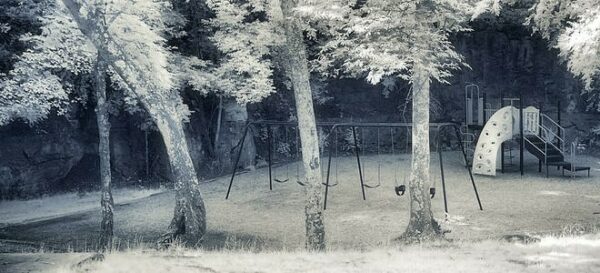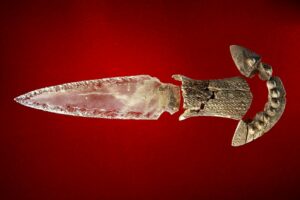People have been searching for the lost city of Atlantis for thousands of years. This ancient city, home to a race of wise and just philosophers, was said to be located in the Atlantic Ocean and destroyed in a single day and night as punishment from the gods. That’s according to the earliest written account we have of this fabled place – Plato’s dialogues “Timaeus” and “Critias”. But where exactly is this mythical undersea city? If it ever even existed…
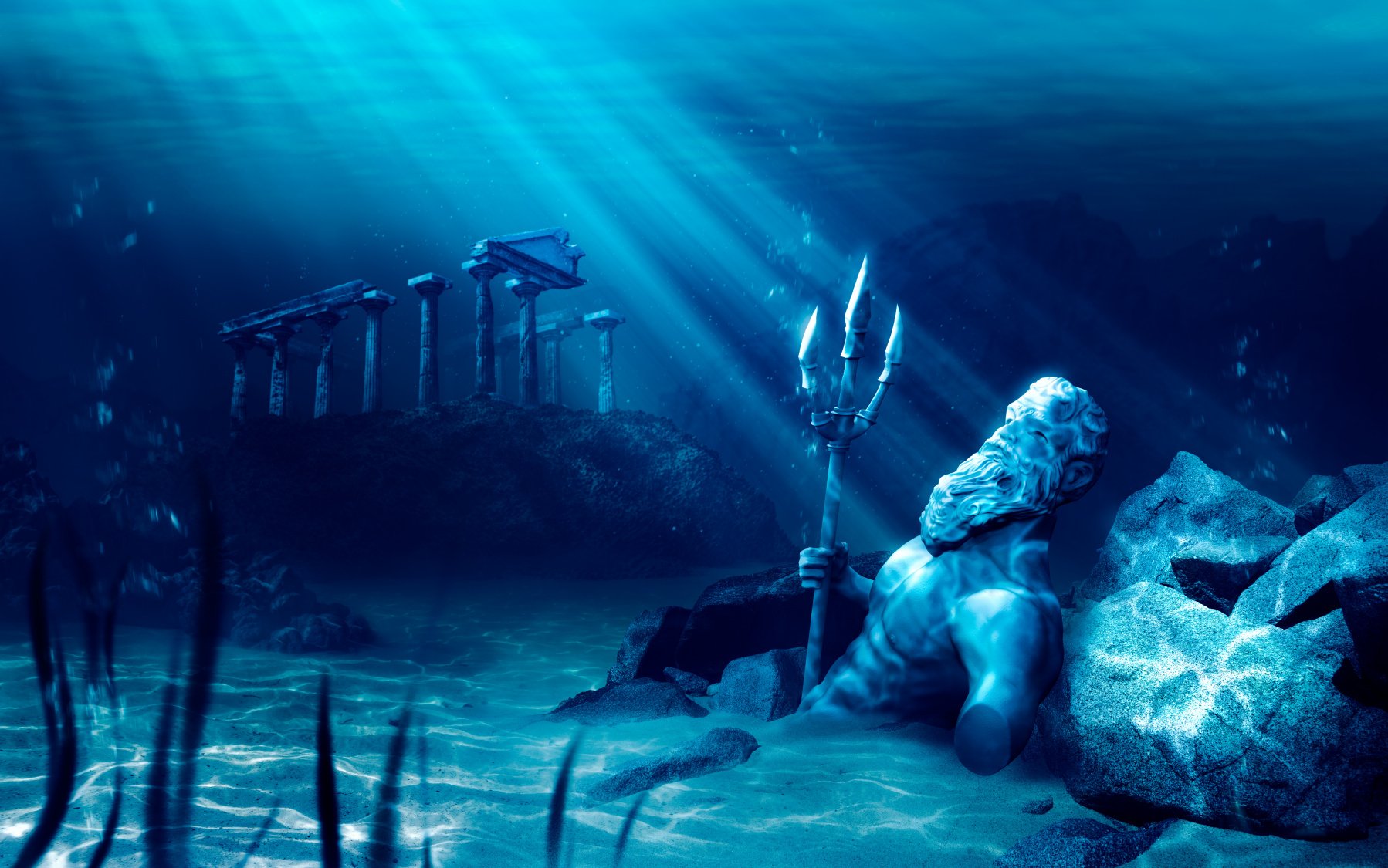
There have been many theories about its possible location and new ones keep emerging every now and then. So if you want to help solve this mystery once and for all, read on! We are going to take you on a tour through 10 different locations that are either thought by some to be the lost city of Atlantis or at least connected with it in some way.
1. Near Cadiz, Spain
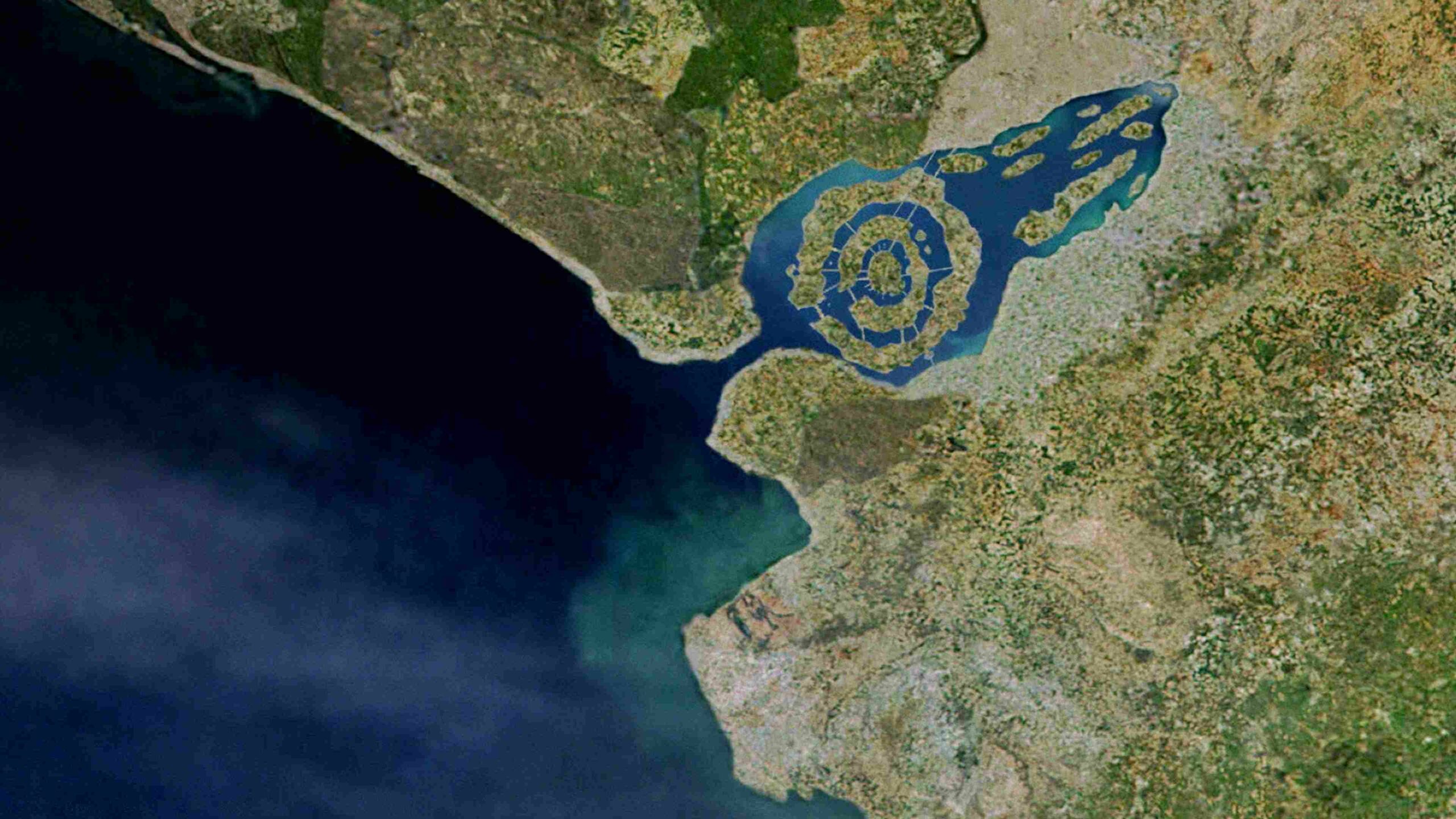
In 2011, a US-led research team announced it had pinpointed an ancient city it believes to be Atlantis. Using a satellite image of a submerged site near Cadiz, in southern Spain, the researchers used radar and data mapping to survey the area, which they believe was flattened thousands of years ago. “This is the power of tsunamis,” head researcher Richard Freund told Reuters.
They believe that they have found all the features of Atlantis Plato described and evidence of how they were destroyed. In addition, the researchers said not only had they discovered Atlantis, but also found the people were incredibly advanced.
‘Laboratory analysis’ of material recovered from Spain showed evidence of a type of cement not seen before, as well as ancient advanced metallurgy. A greenish blue patina has been found covering some of the ruins which tests have shown is an ancient combination of metals.
2. Off the coast of Africa
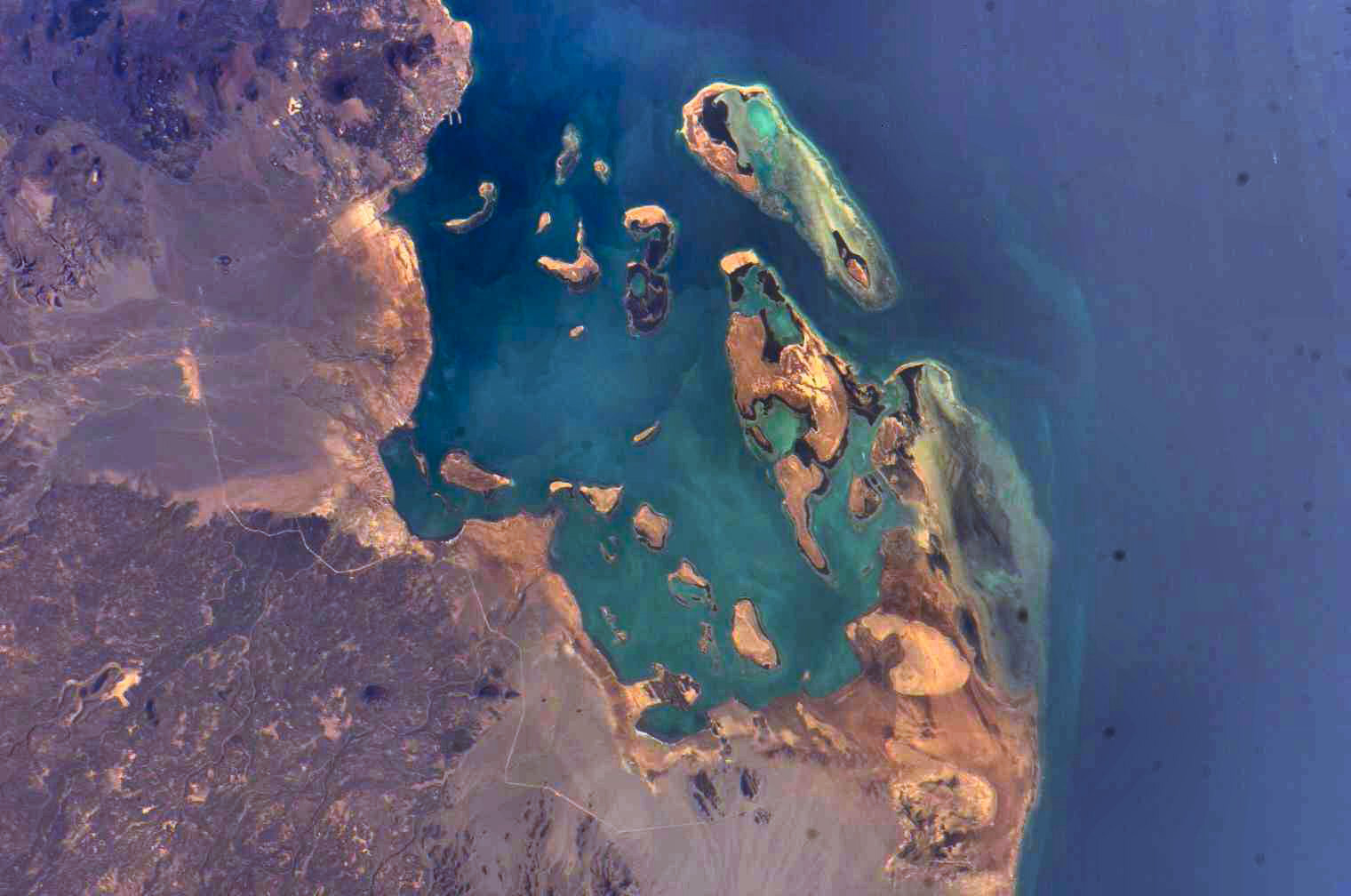
In 2009, an engineer working with Google Ocean, the search engine’s ocean-mapping tool, spotted a “network of criss-cross lines” about 620 miles from the northwest coast of Africa. The rectangular area, the size of Wales, looked a lot like the neat grid of a city, leading experts to wonder whether it could be a well-preserved Atlantis remnant. However, the National Oceanic and Atmospheric Administration debunked the idea, pointing out that the grid effect was caused by sonar waves.
3. Santorini, Greece

In 2010, Bettany Hughes at The Daily Mail theorized that Plato may actually have been writing a “moral fable” based on the island of Thera — modern-day Santorini, Greece — when he described Atlantis. This Aegean island, justifiably famous for its natural beauty, is the only hypothetical site for Atlantis that is considered as a possibility by mainstream academics.
Like the fabled lost city, Thera endured a horrific disaster that brought an end to its sophisticated civilization in a matter of days. Its red, white and black sand beaches correspond to the tricolor stone that the philosopher Plato describes in the original story of Atlantis, and its extraordinary ring-shaped caldera – formed by a severe natural disaster, similar to the event that erased Plato’s island – is geological evidence of an event that might have inspired the tale of a mighty civilization “destroyed by earthquakes and floods”.
The 1967 discovery of the ancient port city of Akrotiri, buried under several meters of ash for 3600 years, revealed frescoes that seemed to echo details in the original Atlantis story.
4. Cyprus
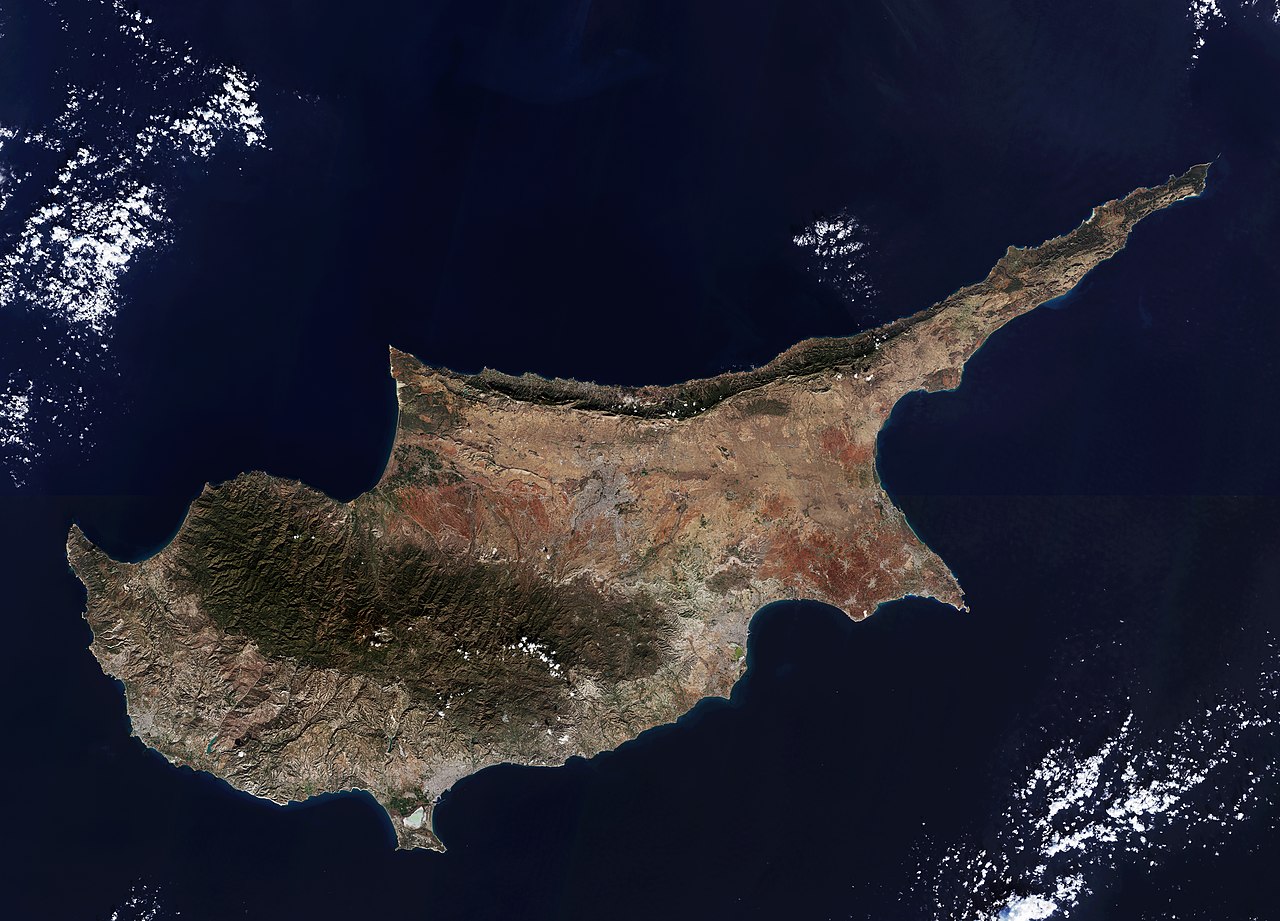
In 2004, American researchers said they had found evidence of the Atlantis site near Cyprus. Using sonar, team leader Robert Sarmast claimed to have found “massive, manmade structures” beneath the ocean, including two walls resting on a slope, which he claimed matched Plato’s description of “Acropolis Hill.” “Even the dimensions are exactly perfect,” he said, as quoted by the BBC, “so if all these things are coincidental, I mean, we have the world’s greatest coincidence going on.”
5. Malta, central Mediterranean
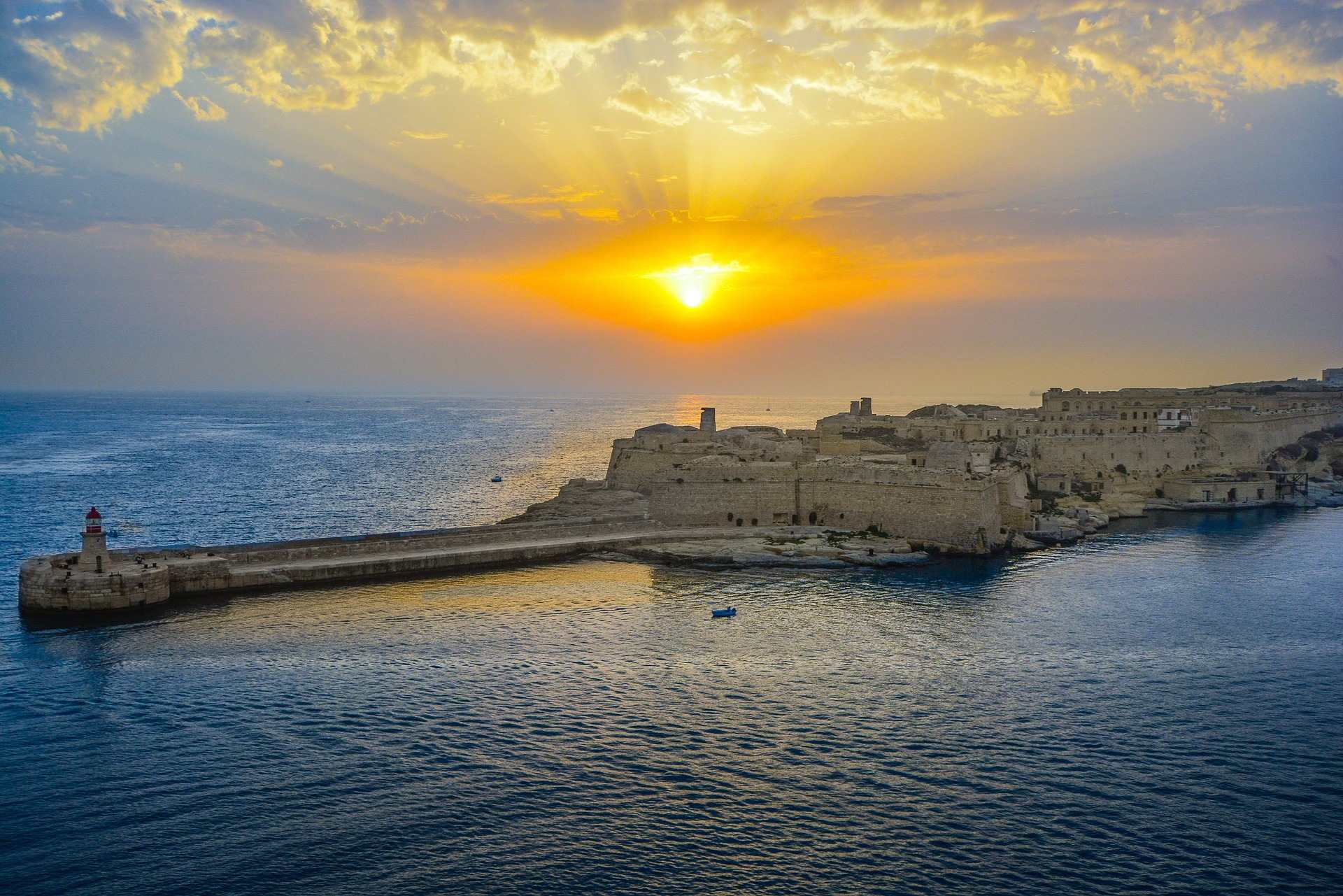
In Plato’s tale, Atlantis is an enigmatic island civilisation dotted with extraordinary temples. Malta, in addition to being perhaps the world’s most mysterious island (a reputation boosted by its affiliation with the once-secretive Knights of St John), is home to the oldest free-standing stone structures in the Mediterranean.
Maltese temples such as Hagar Qim and Mnajdra were erected several centuries before the first stone was raised at the Great Pyramid at Giza. Also like Atlantis, Malta’s population seems to have been wiped out at least once in antiquity by a watery cataclysm.
6. Richat Structure, Sahara
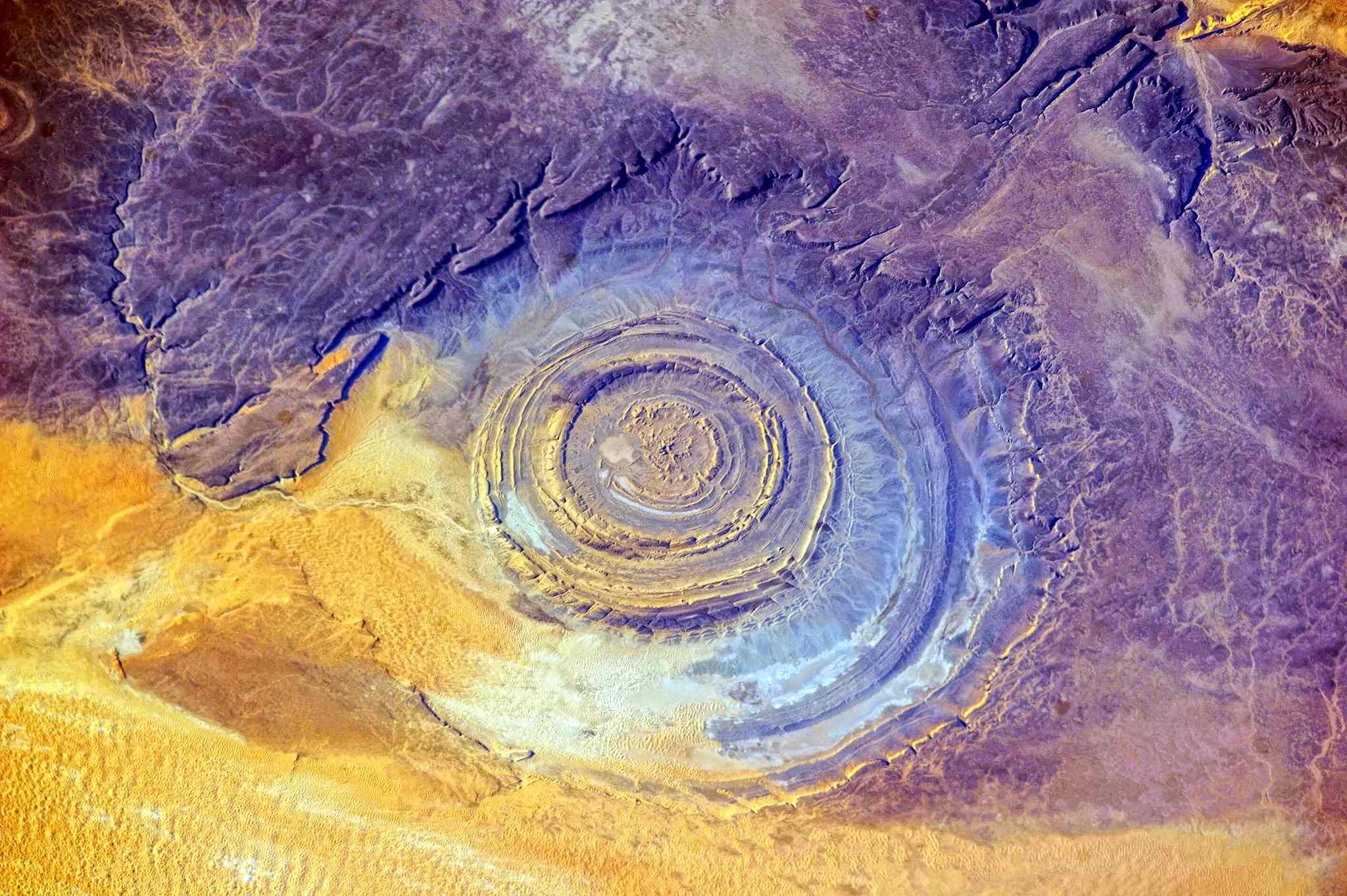
We might have been looking in all the wrong places for the location of the lost city of Atlantis since everyone assumes it must be under the ocean somewhere, such as in the depths of the Atlantic Ocean or the Mediterranean Sea. Instead, it could be found in the African desert; and it’s been hiding in plain sight this whole time.
Some theorists have proposed, the remains of the ringed city Plato spoke of in the fourth century BC can be found in the African country of Mauritania – a strange formation known as the Richat strucuture, or the ‘Eye of the Sahara’, could be the mythical city’s true location.
It is not only the exact size and shape Plato said it was – nearly 127 stadia, or 23.5 km (38 miles) across and circular – but mountains he described to the north can be seen quite clearly on satellite imagery, as can evidence of ancient rivers, which Plato said flowed around the city.
Scientists are yet to figure out exactly what created the Richat structure, saying while it looks like a crater, there’s no evidence of any impact. Read More
7. The Azores, Portugal
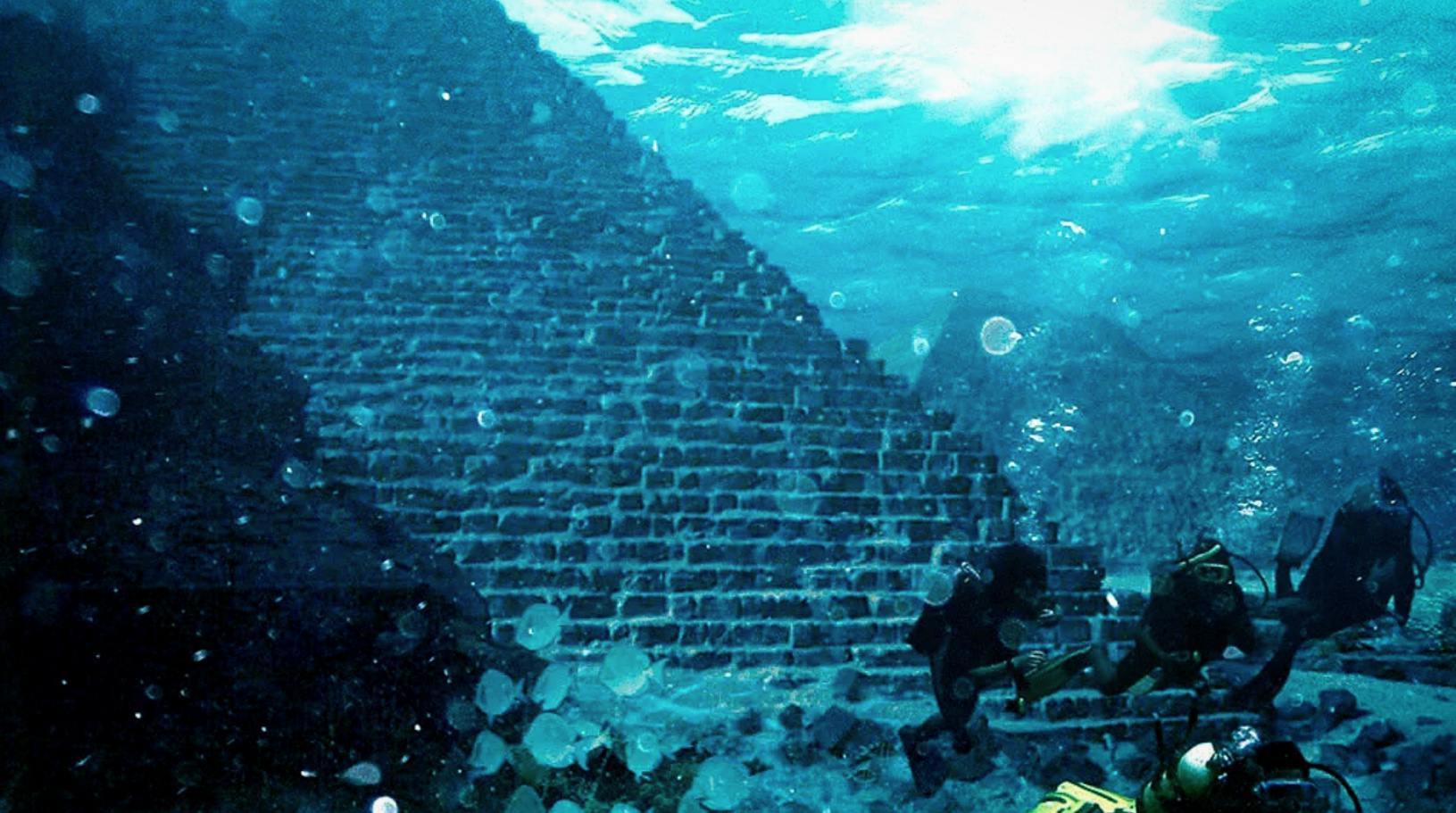
This Atlantic archipelago played a key role in the most influential Atlantis theory of all time. In 1882, the former US congressman Ignatius Donnelly published Atlantis: The Antediluvian World, the book that launched the modern search for Plato’s lost city.
Donnelly’s thesis, still the most popular (though widely ridiculed following the discovery of plate tectonics), was that Atlantis had been a continent in the mid-Atlantic – the circular path of the Gulf Stream supposedly still traced its rough outline – that suddenly dropped to the ocean bottom. All that remained of the mighty empire was the tips of its towering mountains, now known as the Azores. Read More
8. Agadir, Morocco
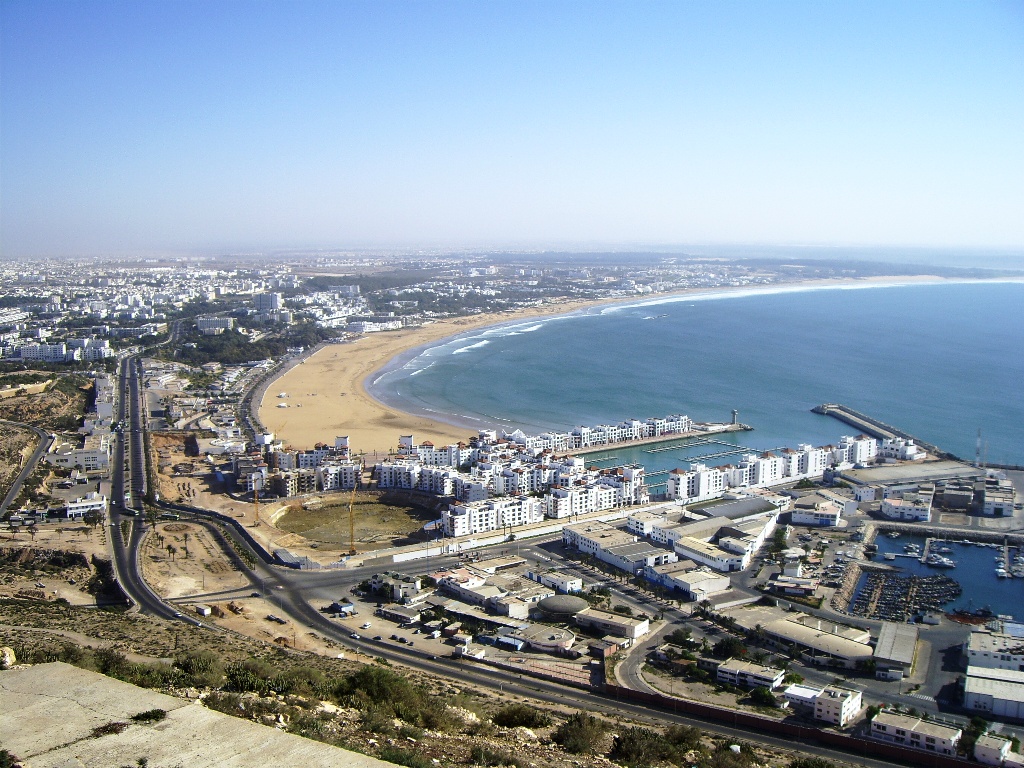
Best known today as a destination for sun-seeking French package tourists, this old Atlantic beach town matches many of the descriptions Plato gave for his lost city.
The name “Agadir” shares a Phoenician root with “Gades,” the mysterious land where Plato said Atlantis was located. Agadir sits south of the Straits of Gibraltar, the likeliest candidate for the Pillars of Hercules, which Plato wrote sat opposite Atlantis.
And Agadir’s position near an undersea fault line leaves it vulnerable to the sorts of “earthquakes and floods” that can destroy a city in a day and a night. In fact, such a disaster leveled Agadir in 1960, wiping out most of its old city.
9. Off the coast of Cuba
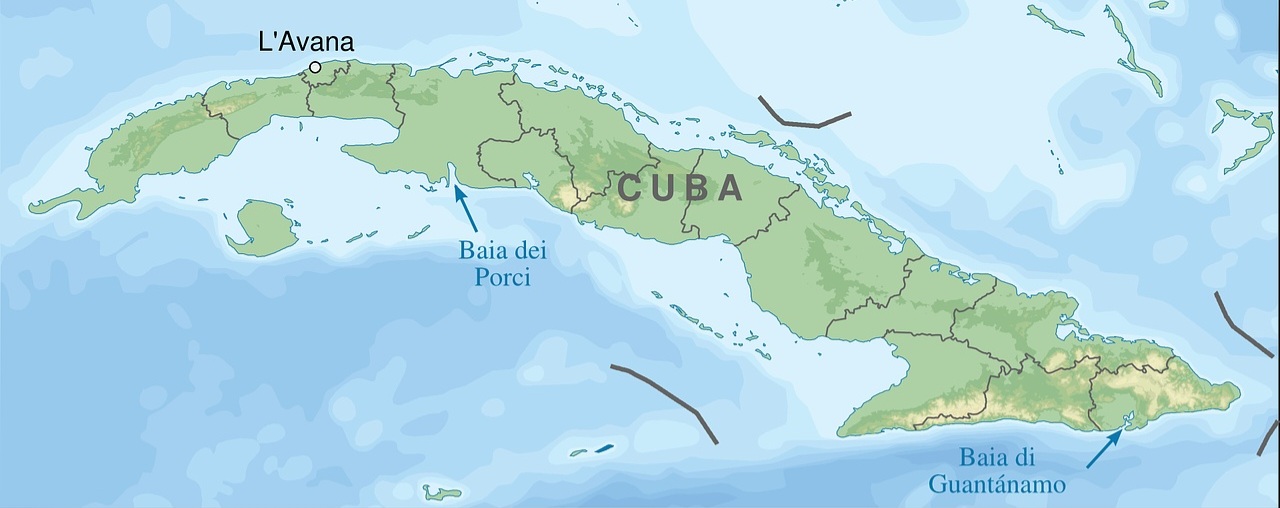
In 2001, Pauline Zalitzki, a marine engineer and her better half Paul Weinzweig found evidence of incredible manmade like structures deep within the Atlantic ocean.
The research team used advanced Sonar equipment to study the Cuban waters when they noticed strange rocks and granite structures on the seafloor. The objects were symmetrical and geometrical stone shapes unlike what you would expect to find closely resembling remnants of an urban civilization. The search covered an area of 2 square kilometres with a depth of between 2000 feet and 2460 feet.
The structures appeared completely analogous against the barren ‘desert’ of the ocean floor and seemed to show symmetrically organized stones reminiscent of an urban development. Tabloids and research institutions exploded to the news of this exciting underwater discovery, indicating the “lost city of Atlantis.” Read More
10. Antarctica

There is no record of the southernmost continent being sighted for over two thousand years after Plato described Atlantis. In addition, Plato himself never witnessed Atlantis or its ruins; he only gives its ‘ancestral description’ which according to him is absolutely true in historical form.
Therefore, some people believe that Earth Crust Displacement – a theory in which the planet’s molten core stays in place while its outermost layer migrates thousands of miles – moved Atlantis from its original location in the middle of the Atlantic Ocean to its current position at the bottom of the world, in Antarctica.
It’s unlikely that this concept can be proved or disproved unless Antarctica’s two-mile-thick ice sheet melts. Because climate change is getting more rapid, that possibility looks a little less improbable each year. Read More
Conclusion
The legend of Atlantis has captivated people for thousands of years. This ancient story about a great civilization that was destroyed by a natural disaster has captured the imagination of millions. Whether or not the story is based on real events remains open to debate, but as so many cultures have their own version of it, it is clear that the story has existed in some form for a very long time. Many people have attempted to find the lost city of Atlantis over the years, and while they have not succeeded yet, there are still many potential locations like these where it might be found.

